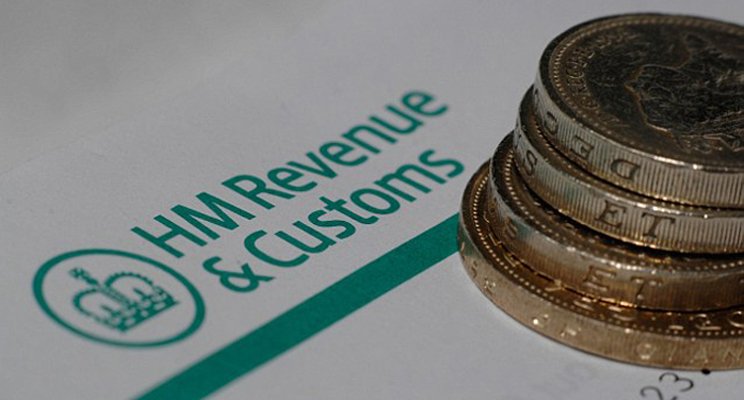Off-payroll working rules are to be extended to contractors working in the private sector, announced the Chancellor of the Exchequer in his 2018 Budget.
The rules, which have applied to the public sector since April 2017, shift the responsibility for determining the tax status of off-payroll workers from the individual contractor to the hiring organisation.
In his Budget speech, Philip Hammond said: “The off-payroll working rules – known as IR35 – are designed to ensure fairness so that individuals working side by side in a similar role for the same employer pay the same employment taxes.
“Last year, we changed the way these rules are enforced in the public sector. But widespread non-compliance also exists in the private sector,” he said. “So following our consultation, we will now apply the same changes to private sector organisations as well.”
The extension of IR35 to the private sector has long been anticipated and is unlikely to come as a surprise to many. This is especially true given that HM Treasury believes that around one-third of people claiming self-employed status as a ‘personal service company’ are in fact employees and should pay more tax.
There were initial fears that IR35 for the private sector would be introduced as early as April 2019. However, the government has allowed a longer implementation period, with the new rules not coming into effect until April 2020. In addition, the rules will only apply to large and medium-sized private businesses.
Susan Ball, partner and head of employers advisory services at Crowe, said that the reasonable implementation period and the application of the rules only to larger employers was a sensible step.
“The Chancellor clearly took on board the feedback from the consultation process over the summer,” said Ball. “Engagers should start planning now based on the experience of the public sector in order to have an effective procedure in place for the start date of April 2020.”
Coinciding with the announcement, the government published the responses it received to the consultation.
In the coming months it will publish a further consultation on the detailed operation of the new rules. This consultation will inform the draft Finance Bill legislation, which is expected to be published in Summer 2019. The new rules will be given effect from 6 April 2020.


